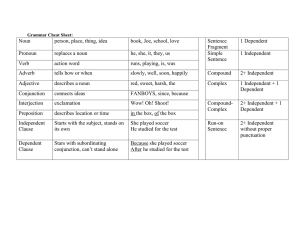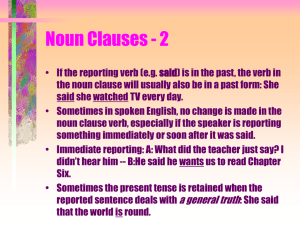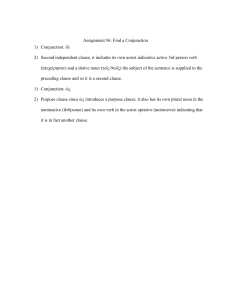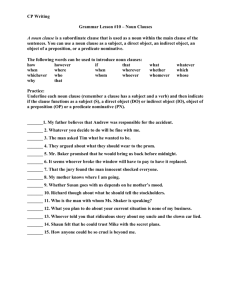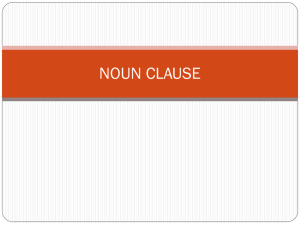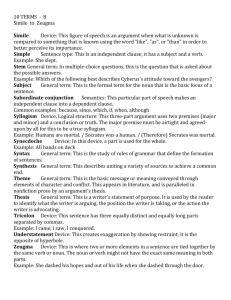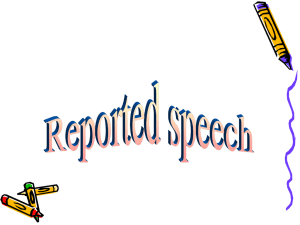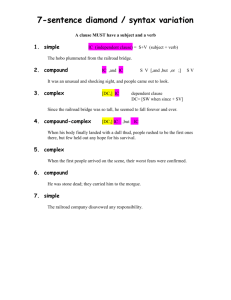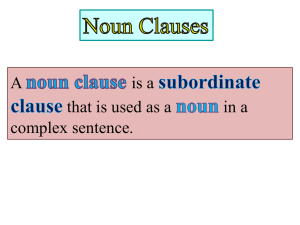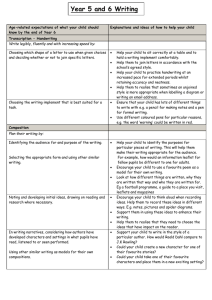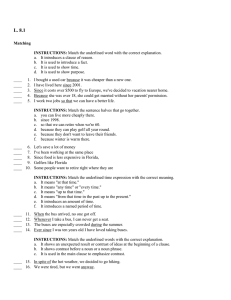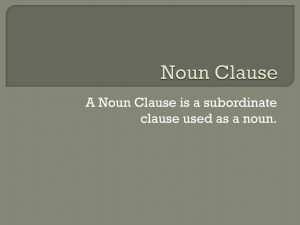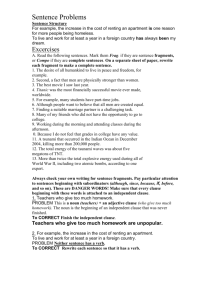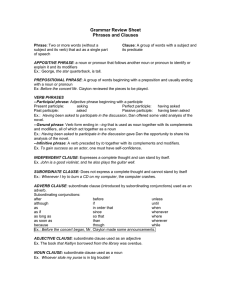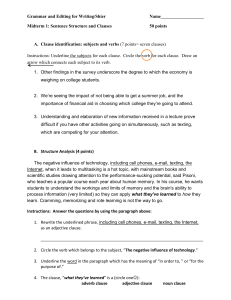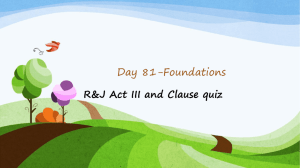penntesol2014 10topwordusageerrors
advertisement
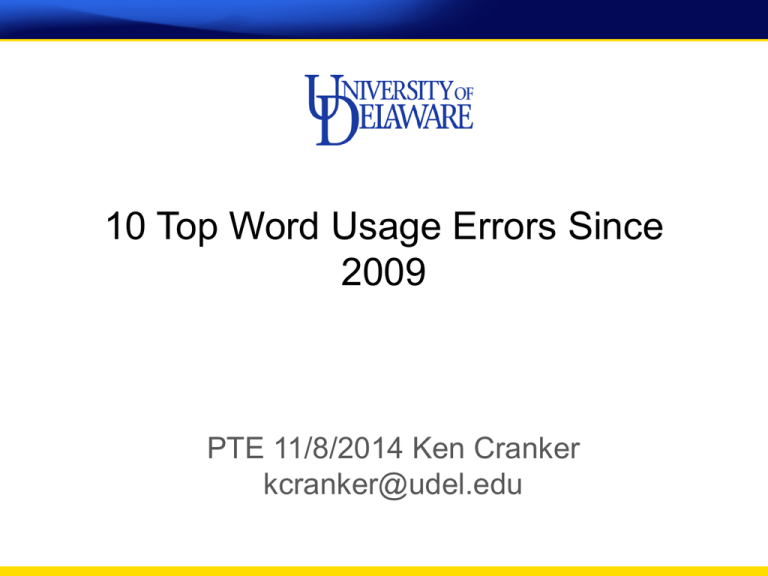
10 Top Word Usage Errors Since 2009 PTE 11/8/2014 Ken Cranker kcranker@udel.edu Background • 2009 Huge Influx of Chinese and Arabic Learners of English Desiring Matriculation to Universities • Grammatical Difficulties • Course to Address Difficulties 1 List of Common Errors • Handout 2 Method • Present List to 7 Instructors at Level Meeting • Ask to Select 12 Most Important • Discuss • Tally 3 Number 10 • One of the • Very common, but not disruptive • Ex. Urbanization is one of the changes in modern society. • Either delete “of the” or add superlative 4 Number 9 • Need/Require • Semantic nuance • Ex. The university needs applicants to apply by April 1. • Require demands action 5 Number 8 • It is hard/easy • Seriously faulty construction • Ex. Students are easy to contact professors by email. • Other misuses with that clause or “for people” It is adj for ___ to ___ 6 Number 7 • Dead/Died • Transitivity, passive voice, part of speech; verb tense • … was died; the great leader dead • “die” is v(i); dead is adj 7 Number 6 • Whether • Noun clause construction • Ex. The doctors do not know whether that the surgery was successful • No that clause after whether; noun clause or infinitive clause ok 8 Number 5 • Lack • Very common, transitivity/part of speech issue • Ex. The vegetables lack of water. • Lack is v(t) or noun; of follows noun not verb 9 Number 4 • Cause • Very common, clause structure • Ex… caused that SV; cause NV (without to) • Cause ___ to ___; cause a problem 10 Number 3 • According to • Very common source-based writing error • Ex. According to Smith, he said that … • According to X means X said that 11 Number 2 • Reason • Very common explanation word; many kinds of errors (because, wrong prep – by/for – confusion w/factor • Reasons FOR, the reason is THAT 12 Number 1 • Analysis/analyze • Very common; necessary for critical thinking; part of speech and pronunciation • Ex. It is important to analysis … • Analysis (es) is N, analyze is V 13 Method to Teach • ~ 2/day • Can S identify w/error? • Create sentences using words in prescribed ways • Share and analyze • Test in pairs (lack/cause) 14 Reference • Cranker, K. (2014). 60 words or phrases commonly misused by ESL/EFL students preparing for universities. Eugene,OR: Wayzgoose Press. 15

